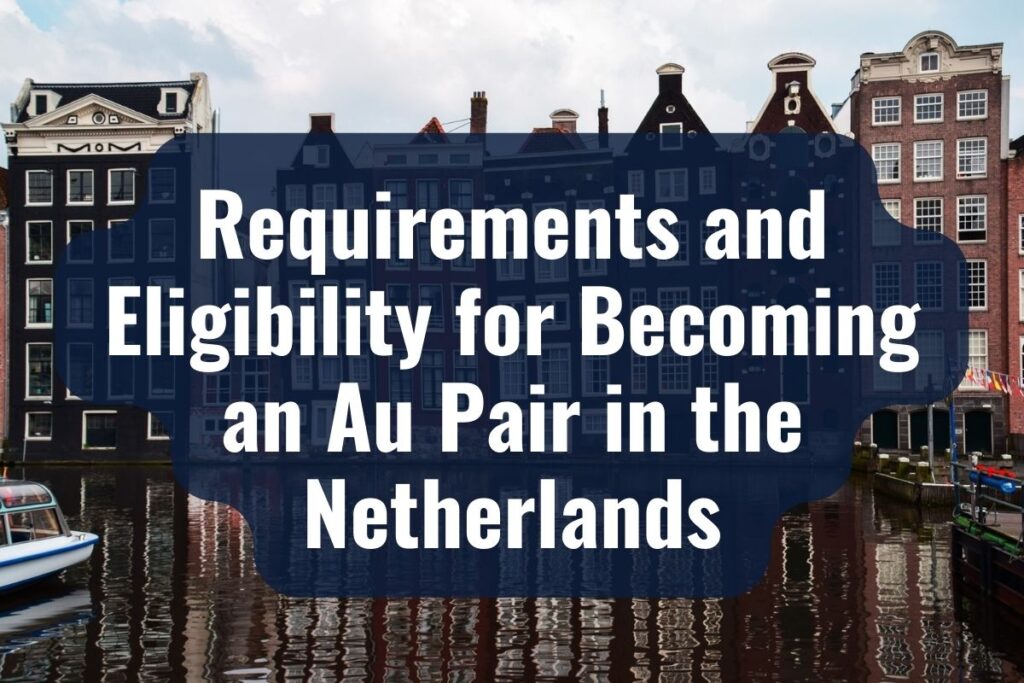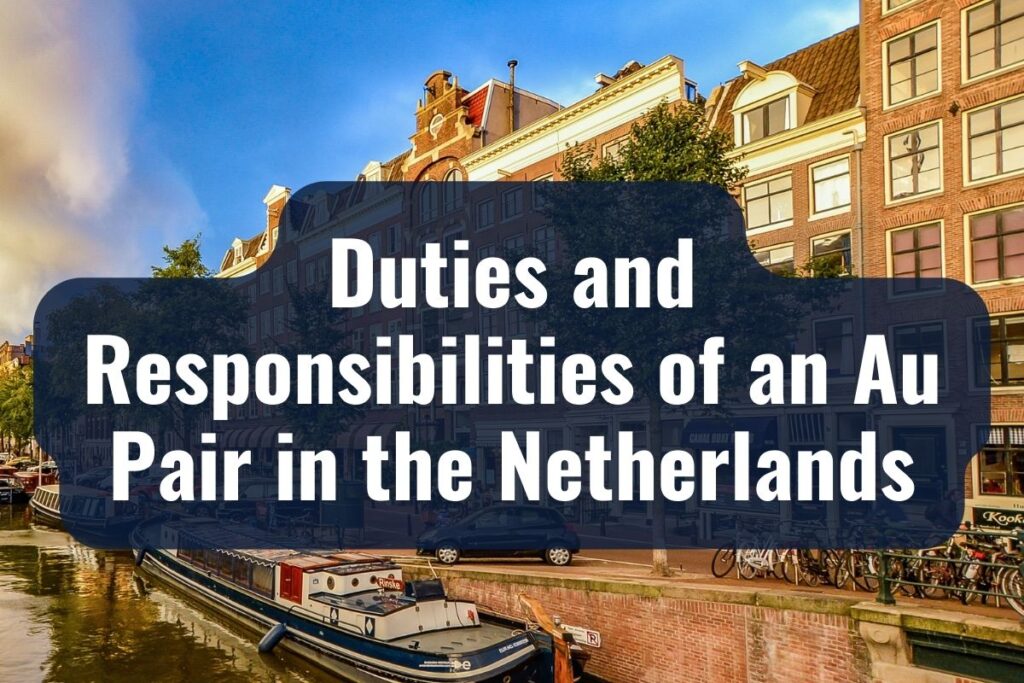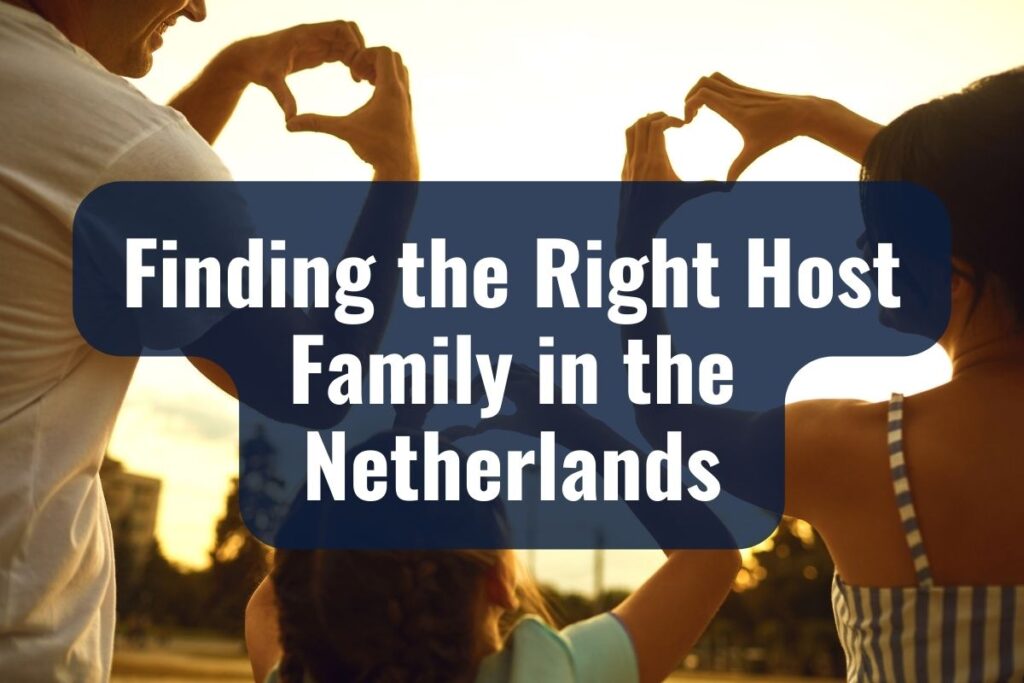An au pair, derived from the French term meaning “on par” or “equal to”, refers to a young individual who travels from a foreign country to live with a host family and assist them with childcare and light household duties. In return, the au pair receives pocket money, board, lodging, and an unparalleled chance to learn a new language and culture from the inside out.
The au pair tradition has flourished in the Netherlands, making it one of the top destinations for those seeking this experience. This guide will walk you through the ins and outs of becoming an au pair in the Netherlands, ensuring you’re well-prepared and confident to embark on this life-changing journey.
Key Takeaways
- The Netherlands offers a rewarding and enriching environment for au pairs.
- Au pairs should be informed of their rights, responsibilities, and local regulations.
- Finding the right host family ensures a harmonious and fulfilling experience.
- Navigating the practicalities of Dutch life enhances the au pair journey.
- Open communication, adaptability, and cultural immersion are vital for success.
Benefits of Being an Au Pair in the Netherlands
With its rich history, progressive culture, and welcoming locals, the Netherlands offers an unforgettable experience for au pairs. Embracing the role of an au pair in this European gem means gaining work experience and personal enrichment. Let’s delve into the myriad benefits that await you:
Cultural Exchange and Learning
Living with a Dutch family provides an unparalleled opportunity to experience the Netherlands from an insider’s perspective. From traditional festivals like King’s Day to intimate family traditions, you’ll witness and partake in customs that textbooks or tourist trips can’t capture.
Improving or Learning Dutch
While many Dutch people are proficient in English, living as an au pair offers a unique environment to learn or refine your Dutch language skills. Daily immersion and casual conversations with your host family and their community accelerates your language acquisition journey.
Gaining International Work Experience
Being an au pair enhances your CV. The skills you cultivate – from childcare to cross-cultural communication – are invaluable and transferable. Future employers often view international experience as a testament to one’s adaptability, resilience, and global understanding.
Building Global Friendships
The au pair community in the Netherlands is vibrant and diverse. You’ll have the chance to meet fellow au pairs from all corners of the world. These relationships often blossom into lifelong friendships, expanding your global network.
Personal Growth
Beyond the tangible benefits, being an au pair in the Netherlands fosters immense personal growth. Navigating a new culture, handling responsibilities, and building connections outside your comfort zone strengthens your independence, self-awareness, and adaptability.
Requirements and Eligibility for Becoming an Au Pair in the Netherlands

Embarking on the au pair journey in the Netherlands can be exciting. However, it’s essential to ensure that you meet the necessary criteria to set yourself up for a smooth experience.
While the process might seem a bit formal at first, it’s all designed to guarantee a safe and beneficial arrangement for both the au pair and the host family. Here’s a friendly guide to help you navigate the requirements and check your eligibility:
Age Restrictions: To become an au pair in the Netherlands, you should be between 18 and 31 years old. This age range ensures that you’re mature enough to handle the responsibilities while still being young enough to immerse yourself fully in the cultural exchange experience.
Prior Childcare Experience: The primary role of an au pair is to care for children. Therefore, having previous childcare experience, whether through babysitting, tutoring, or other similar roles, is essential. It showcases your competence and reassures your host family of your dedication.
Basic Understanding of Dutch or Commitment to Learn: While it’s not mandatory to be fluent in Dutch, a basic understanding can be a boon. If you’re not familiar with the language, showing a commitment to learn it during your stay demonstrates your enthusiasm and adaptability.
Visa and Passport Specifications: Depending on your nationality, you might need an au pair visa to stay in the Netherlands. Typically, non-EU/EEA and non-Swiss nationals require a visa. It’s crucial to check the specific requirements based on your country of origin and ensure that your passport is valid for your stay, plus an additional three months.
Health and Background Checks: For the safety and comfort of the host family, you might be asked for a medical certificate proving you’re in good health. Additionally, a clean criminal record is mandatory, and you’ll often need to provide an official document confirming this.
Duties and Responsibilities of an Au Pair in the Netherlands

Stepping into the shoes of an au pair is both an exciting and significant responsibility. You’ll be embracing a role that beautifully blends family life and work, making you an integral part of your host family’s day-to-day activities.
If you’re curious about what your days might entail, here’s a friendly glimpse into the typical duties and responsibilities of an au pair in the Netherlands:
Childcare Tasks: At the heart of the au pair role is caring for the children. This can involve various activities such as helping them get ready for school, preparing meals, assisting with homework, and engaging in playtime. Your presence can be a source of comfort, guidance, and fun for the kids.
Light Household Chores: While you’re not a housekeeper, helping with daily chores maintains a harmonious household. This might include tidying up after the kids, doing their laundry, or helping set the table. The emphasis here is on “light” – your primary role is childcare, not deep cleaning or heavy housework.
Support in the Child’s Daily Routine and Activities: Depending on the age of the children, you might accompany them to school, extracurricular activities, or playdates. Your support ensures they’re safe, punctual, and always have a familiar face nearby.
Engaging in Educational and Creative Activities: Think of all the fun you can have teaching the children a new craft, introducing them to your native language, or exploring new books and games together. It’s a wonderful chance to bond and learn from one another.
Ensuring the Child’s Safety: One of the most crucial responsibilities is ensuring the children’s safety. Whether you’re at home or exploring the local park, always keeping an eye on their well-being is paramount.
Communicating with the Host Family: Open communication is the linchpin of a successful au pair experience. Regularly checking in with your host family about the children’s needs, any changes in routine, or sharing observations helps build trust and understanding.
Rights and Regulations for Au Pairs in the Netherlands
Embarking on your journey as an au pair in the Netherlands is filled with excitement and promise. However, it’s equally important to be informed about your rights and the regulations that are in place to ensure a balanced, respectful, and fulfilling experience.
With your well-being at the forefront, the Netherlands has outlined specific rules to make sure both you and your host family enjoy a harmonious relationship. Let’s navigate these guidelines with clarity and assurance:
Maximum Working Hours per Week
Work-life balance is essential. As an au pair in the Netherlands, you should not work more than 30 hours a week. This includes a maximum of 8 hours a day, giving you ample time to relax, explore, and engage in personal activities.
Entitlement to a Private Room
Your privacy is respected and valued. As an au pair, you are entitled to your own private room in the host family’s house. This personal space ensures you can unwind, reflect, and feel at home.
Vacation Days and Public Holidays
Adventure and relaxation await! You are entitled to a minimum of two weeks paid vacation per 12 months. Plus, public holidays are yours to enjoy – be it celebrating local traditions, exploring the Netherlands, or simply indulging in some rest.
The Minimum and Maximum Pocket Money Allowance
Compensation is an integral part of the au pair arrangement. While the exact amount might vary based on mutual agreement, there’s a set range to ensure fairness. As of the last update, au pairs should receive between €300 to €340 per month as pocket money.
Related: Guide to minimum wage in The Netherlands
Health Insurance
Your health is a priority. It’s mandatory for au pairs in the Netherlands to have health insurance. Often, the host family assists in arranging and sometimes even covers the costs, ensuring you’re protected during your stay.
Participation in Dutch Language Courses
Keen on mastering Dutch? While you’re here, you have the right to enroll in Dutch language courses. It’s beneficial for integration and a wonderful opportunity to immerse in the local culture.
Respect and Dignity
Mutual respect is at the foundation of the au pair and host family relationship. You have the right to be treated with dignity, kindness, and understanding. Any mistreatment is not in line with the au pair program’s principles.
Finding the Right Host Family in the Netherlands

Discovering your new home away from home is one of the most thrilling chapters in your au pair journey. A host family plays a pivotal role in shaping your experience, and finding the right match ensures both your happiness and theirs.
But how do you navigate this essential step with hope, clarity, and assurance? Let’s journey together through some friendly advice on securing that perfect match:
Know Your Preferences: Reflect on what’s important to you in a family setting. Do you prefer younger children or teenagers? Would you like to live in the bustling heart of Amsterdam or in the serene Dutch countryside? Identifying your preferences can help guide your search.
Use Reputable Au Pair Agencies: Established agencies can be a fantastic bridge between you and potential host families. They often screen families, provide support throughout your stay, and assist in matching based on compatibility.
Open Communication: Engage in honest conversations with potential host families. Discuss your expectations, ask about theirs, and delve into the day-to-day life, children’s routines, and any cultural or household norms.
Ask Questions: Don’t hesitate to inquire about the family’s lifestyle, values, hobbies, and even their reasons for wanting an au pair. The more you know, the better equipped you are to make an informed decision.
Check References: If possible, speak to previous au pairs who’ve stayed with the family. Their insights can offer invaluable perspectives on the family’s dynamics and what to expect.
Trust Your Instincts: Your gut feeling plays a significant role. Sometimes, you’ll just feel connected and comfortable with a family. Trust that intuition.
Draft a Clear Agreement: Once you’ve found a potential match, work together to draft an agreement or contract. This should outline your duties, working hours, pocket money, and any other essentials. Having everything in black and white ensures clarity and reduces any future misunderstandings.
10 Tips for a Successful Au Pair Experience in the Netherlands

Becoming an au pair is like embarking on a grand adventure filled with growth, discovery, and heartwarming connections. The tulip-laden paths of the Netherlands hold countless treasures, but to unlock a truly fulfilling au pair experience, a sprinkle of preparation, a dash of open-mindedness, and a good dose of heart are key.
Here are some friendly tips to ensure your journey is as enchanting as a Dutch sunset:
- Embrace the Culture: Delve into the rich tapestry of Dutch traditions, festivities, and everyday life. Join in on celebrations like King’s Day, try local delicacies, and immerse yourself in the rhythm of Dutch living.
- Open Communication: Open the communication channels with your host family. Discuss any challenges, share your feelings, and regularly check in about expectations on both sides. It paves the way for mutual understanding and trust.
- Stay Organized: Juggling childcare, light house chores, and personal time can be a dance. Maintain a daily or weekly planner to manage your tasks, outings, and personal commitments.
- Make Friends: Join au pair or expat groups, attend local events, or strike up conversations at parks and cafes. Connecting outside the host family can provide valuable support and enrich your experience.
- Learn Basic Dutch: While the Netherlands is impressively multilingual, knowing a few Dutch phrases can endear you to locals and make daily tasks easier.
- Take Time for Yourself: Remember to set aside time for self-care. Explore a new city, read in a local park, or enjoy a quiet evening with your favorite music. It’ll rejuvenate you for the days ahead.
- Be Adaptable: Flexibility is a wonderful ally. Every day might not go as planned. Maybe the kids are having an off day, or the weather isn’t cooperating. Adapt, innovate, and remember that tomorrow is a new day.
- Respect Household Rules: Every home has its rhythm. Familiarize yourself with the house rules, routines, and preferences. Respecting them will foster a harmonious living environment.
- Seek Feedback: Don’t hesitate to ask your host family for feedback. It helps you understand improvement areas and reassures you of what you’re doing right!
- Cherish the Moments: Lastly, remember to cherish the little moments. The giggles, bedtime stories, family dinners, and challenges form a mosaic of memories you’ll carry with you forever.
Related: New To The Netherlands: Everything You Need To Know (2023)



